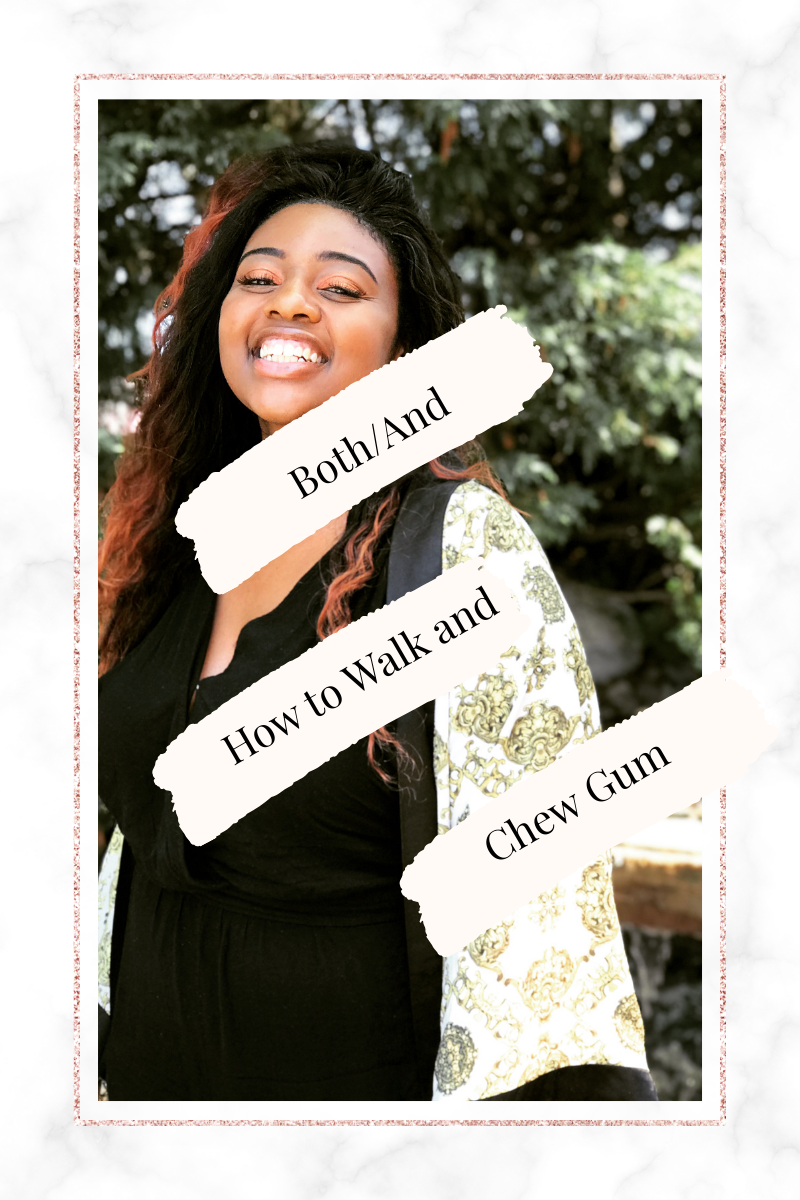Iron Sharpens Iron
- Angelique

- May 22, 2018
- 4 min read
You and I find a map and decide to take a journey together. Somewhere along the line we make a wrong turn and find ourselves on the path that leads to a pit of snakes. Unbeknownst to you, I decide that when we get half-way to the pit of snakes that I am going to turn around and correct the wrong turn we've made. So we continue down this path until we reach the halfway point, and then I make an about face back to the path of safety.
Does this make me a bad friend?
On one hand, we both have the same map. We have the same information. You know like I do that we made a wrong turn. You know like I know that this new path leads to a pit of snakes. Just as I have decided to turn around, you could have decided to turn around as well.
But, you're my friend. At the very least I should be able to let you know that you eventually will be traveling alone, even if I disagree with your decision to continue.
Admittedly, in this scenario there are a few details that could help support either side of this decision, but ultimately for me it boils down to this:
If I see someone I know and care for making a bad decision, do I speak up? Or reversely, would I be receptive to hearing that I may be making a mistake?
In Luke 15:11-32 you will find the parable of the Prodigal Son. If you are unfamiliar with the story it is as follows:
There is a young man that lives with his father and decides that instead of waiting for his father to die for him to inherit his portion of his father's wealth, that he was going to take what he felt was his anyway to live the life he wanted now. He spends all his money almost immediately and is reduced to feeding pigs to survive. His situation becomes so dire that he even contemplates eating the slop he was feeding the pigs himself. Once he realizes the severity of his situation, the son remembers that his father's servants live better than the circumstance he put himself in. Humbled by his revelations, he resolves to ask his father to allow him to serve in his house, opposed to continuing to live in filth. He returns repentant and with low expectations on how he would be received. His father is ecstatic and not only restores the son's position in the household, but throws a party in celebration of his son's return. Conversely, the brother who stayed finds out that his father is throwing a party for the son who left and wasted his father's money. He is resentful and challenges his father's decision to celebrate the son who took advantage of him. The father's reply is twofold. First, the father explains to this second son, that if he wanted a party, all he had to do was ask. Second, the father reminds this second son that for all intent and purposes he thought he had lost a son, he had the right to celebrate his life now that he knew he was alive.
There is a lot to unpack in this story, but I want to challenge you to look at it in a way you may have not looked at it before.
Where was the Prodigal Son's friends?
Proverbs 27:17 says, "Iron sharpeneth iron; so a man sharpeneth the countenance of his friend." This scripture is reflected in the popular idiom, "Birds of a feather, flock together". It is not recorded that the Prodigal Son had a thought to what would happen after the money ran out and it is evident that he didn't think it would, but most importantly he didn't spend all of the money by himself.
There is a line in Luke 15:13 that says, "the younger son gathered all together, and took his journey into a far country, and there wasted his substance with riotous living." Yet when he came to himself 4 verses later, he was alone. Not only did the people he had surrounding him go with him to his demise, they left him there when it was all over.
Sound familiar?
As Christians, we have decided to walk this path together. Sometimes while we are walking this path we take a wrong turn, when this happens we have a responsibility to each other not to condemn, but to correct.
Let's look at John 8:10, 11. Here is the conclusion of an instance where an adulteress was brought before Jesus to be stoned:
"When Jesus had lifted up himself, and saw none but the woman, he said unto her, Woman, where are those thine accusers? hath no man condemned thee? She said, No man, Lord. And Jesus said unto her, Neither do I condemn thee: go, and sin no more"
Jesus himself encourages her to continue to live her life, but commands her not to repeat the sin.
James 5:19, 20 says, "Brethren, if any of you do err from the truth, and one convert him; Let him know, that he which converteth the sinner from the error of his way shall save a soul from death, and shall hide a multitude of sins."
God has called us to be the type of friends that encourage each other to be better. He wants us to edify or build up one another in the faith (1 Thessalonians 5:11).
God doesn't want us to be the friends that leave each other in our individual snake pits, He wants us to use the map as a guide and bring our friends with us.
Tag a friend in the comments below! Let them know you've got their back!





Comments